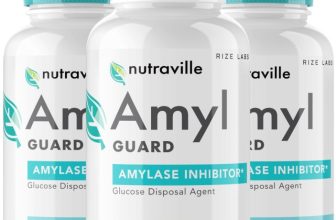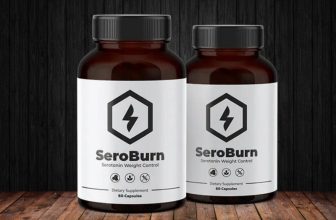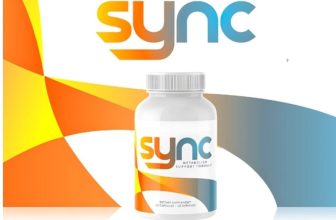How Gout Solution helps manage symptoms of gout.
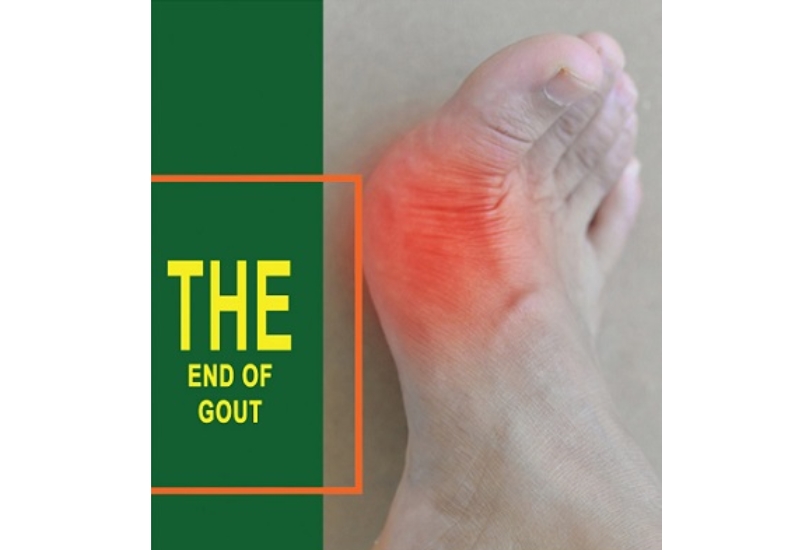
Introduction
Gout is a common form of arthritis that affects millions of people worldwide, causing severe pain, inflammation, and discomfort in the joints. The condition occurs when excess uric acid in the blood forms crystals that deposit in the joints, leading to intense pain, especially during acute attacks. Gout typically affects the big toe but can occur in other joints, such as the ankles, knees, and elbows. Understanding how to manage the symptoms of gout is crucial not only for immediate relief but also for preventing long-term joint damage and improving overall quality of life.
Traditional treatments for gout often include medications like nonsteroidal anti-inflammatory drugs (NSAIDs), colchicine, and uric acid-lowering drugs. However, these treatments come with potential side effects and may not address the root causes of the condition. This is where holistic approaches, such as the “End of Gout” program by Blue Heron Health News, can offer a promising alternative. By focusing on lifestyle changes, diet modifications, and natural remedies, these approaches aim to provide lasting relief from gout without relying on medication.
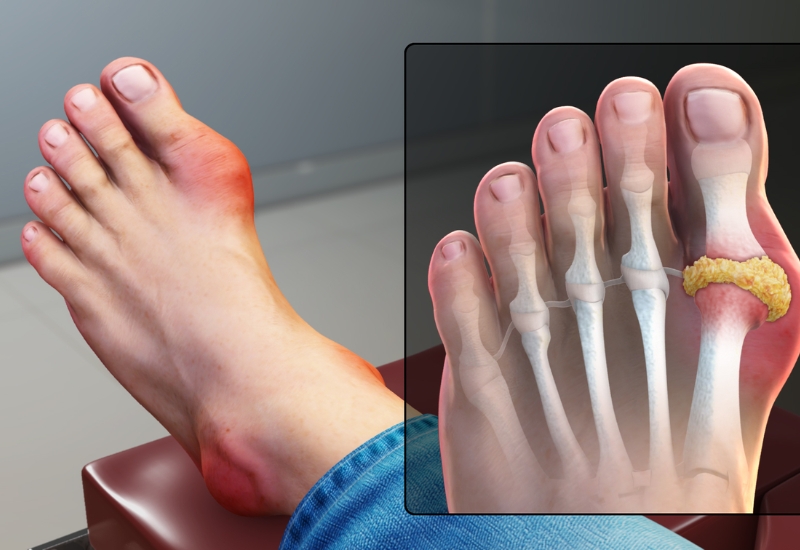
Understanding Gout and Its Impact
Gout is a form of inflammatory arthritis caused by the buildup of uric acid in the bloodstream. Uric acid is a byproduct of the breakdown of purines, which are found in certain foods and beverages. In healthy individuals, uric acid is dissolved in the blood and excreted through urine. However, in people with gout, the body either produces too much uric acid or fails to excrete enough of it, leading to elevated levels in the blood.
When uric acid concentrations become too high, it can form sharp, needle-like crystals in the joints, triggering an inflammatory response. This results in intense pain, redness, swelling, and warmth in the affected joint. The big toe is the most commonly affected joint, but gout can also affect other joints, such as the knees, ankles, and elbows. Gout attacks often occur suddenly and can last for several days or weeks, significantly impacting a person’s ability to move and perform everyday tasks.
In addition to the physical discomfort, gout can have a psychological impact on individuals, leading to feelings of frustration and anxiety. Without proper management, repeated gout attacks can lead to joint damage, causing long-term disability and decreased mobility.
Traditional Gout Treatments
The traditional approach to managing gout typically involves medications aimed at reducing pain and lowering uric acid levels in the body. Nonsteroidal anti-inflammatory drugs (NSAIDs), such as ibuprofen and naproxen, are commonly prescribed to relieve pain and reduce inflammation during acute attacks. Colchicine, another medication, is used to prevent gout attacks by reducing the buildup of uric acid crystals in the joints.
In some cases, doctors may prescribe medications to lower uric acid levels, such as allopurinol or febuxostat. These medications help to prevent future gout attacks by reducing the production of uric acid or increasing its excretion through the kidneys.
While these treatments can provide relief, they often come with side effects, such as gastrointestinal issues, kidney problems, or allergic reactions. Additionally, medications only treat the symptoms of gout and do not address the underlying causes of the condition, such as poor diet or lifestyle choices. As a result, many people with gout seek out alternative treatments that focus on the root causes of the disease.
Holistic and Natural Approaches to Gout Management

Holistic gout management focuses on treating the whole body rather than just addressing the symptoms of the disease. It takes into account factors such as diet, exercise, stress, and overall lifestyle choices. By making targeted changes in these areas, individuals can help reduce inflammation, lower uric acid levels, and prevent future gout attacks.
One of the key components of holistic gout management is diet. A diet rich in whole foods, fruits, vegetables, and low-fat dairy products can help lower uric acid levels and reduce inflammation. On the other hand, foods high in purines, such as red meat, shellfish, and alcohol, should be avoided, as they can trigger gout attacks by increasing uric acid production.
Supplements and natural remedies also play a significant role in holistic gout management. Certain herbs and supplements, such as turmeric, ginger, cherry extract, and vitamin C, have been shown to have anti-inflammatory properties and may help reduce uric acid levels. Drinking plenty of water is essential for flushing out excess uric acid from the body, and regular physical activity can help maintain a healthy weight, which in turn can reduce the risk of gout attacks.
How Gout Solution Helps Manage Symptoms of Gout
The “Gout Solution” or “End of Gout” program provides a comprehensive approach to managing gout through a combination of dietary changes, natural remedies, and lifestyle modifications. Key components of the program include:
- Dietary Changes: The program promotes a diet rich in fruits, vegetables, and low-fat dairy, while eliminating purine-rich foods like red meat, organ meats, and shellfish. It also encourages drinking plenty of water to help flush out uric acid.
- Natural Supplements: Supplements such as cherry extract, turmeric, and vitamin C are recommended for their anti-inflammatory and uric acid-lowering properties. These natural remedies can help reduce the frequency and severity of gout attacks.
- Detoxification: The program encourages detoxing the body to eliminate excess uric acid and other toxins that contribute to inflammation. This may include methods such as fasting or consuming detoxifying foods and herbs.
- Exercise and Weight Management: Regular physical activity is essential for maintaining a healthy weight and reducing the risk of gout attacks. The program advocates for low-impact exercises, such as walking or swimming, to improve joint mobility and reduce stress on the joints.
By following the “End of Gout” program, individuals can significantly reduce the frequency and intensity of gout attacks, improve joint function, and achieve long-term relief without relying on pharmaceutical medications.
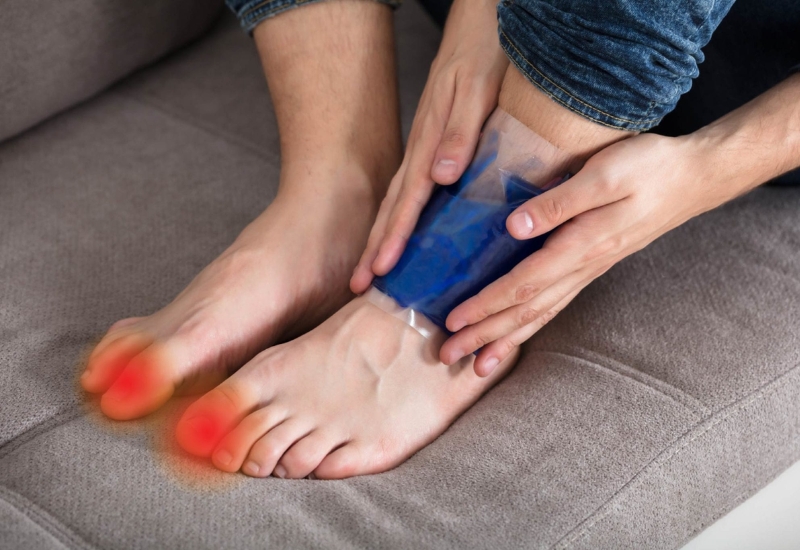
Preventing Gout Attacks
Prevention is key to managing gout effectively. In addition to following a holistic approach to treatment, there are several strategies that can help prevent gout attacks:
- Dietary Recommendations: Avoid purine-rich foods, limit alcohol consumption, and eat more fruits, vegetables, and whole grains. Cherries, in particular, have been shown to reduce the frequency of gout attacks.
- Hydration: Drinking plenty of water helps flush out uric acid and prevents its buildup in the joints. Aim to drink at least 8-10 cups of water per day.
- Exercise and Weight Management: Maintaining a healthy weight through regular exercise can reduce the strain on the joints and lower the risk of gout attacks.
By incorporating these strategies into daily life, individuals can significantly reduce the likelihood of experiencing gout attacks and improve their overall joint health.
Conclusion

Managing gout effectively requires a comprehensive approach that addresses both the symptoms and the underlying causes of the condition. While traditional medications can provide short-term relief, holistic solutions like the “End of Gout” program offer long-term benefits by focusing on lifestyle changes, diet, and natural remedies. By making these changes, individuals with gout can achieve better control over their symptoms, reduce the frequency of attacks, and improve their overall quality of life. If you’re struggling with gout, consider exploring natural solutions that work with your body to promote long-term health and well-being.



